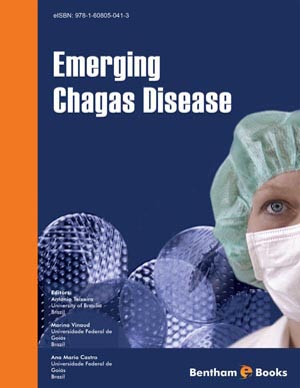Abstract
Chagas disease has been an important factor that imposes difficulties to the colonization of Latin America during the last five centuries. Such assertive requires an insight about an ailment that propagates in the continent, reaching 18 million people, from which one third will succumb to the disease at the ages ranging from 30 to 45 years of age. The families that dwelled in rural areas for several generations know well enough that ailment because they had at least one beloved that succumbed to Chagas disease. Orphanhood and desolation is the prevalent picture in the inland of this unfortunate continent filled with fear of sudden death caused by Chagas disease. Formerly it was said that Chagas disease was a disease of the poor and, therefore, out of fashion. Nowadays, the disease is found in every social class but the conception of out of fashion persists because it is of the interest of those who insist in not taking care of the problem inside their own house. However, many people understand the importance of this disease that has brought suffering to the population. Unfortunately, sectors with alien thinking sustain the idea that the disease has been controlled and issue geopolitical certificates of exemption of triatomines, vectors of Chagas disease. The solution of this problem depends on the mobilization of the society aiming changes on this secular reality.






















